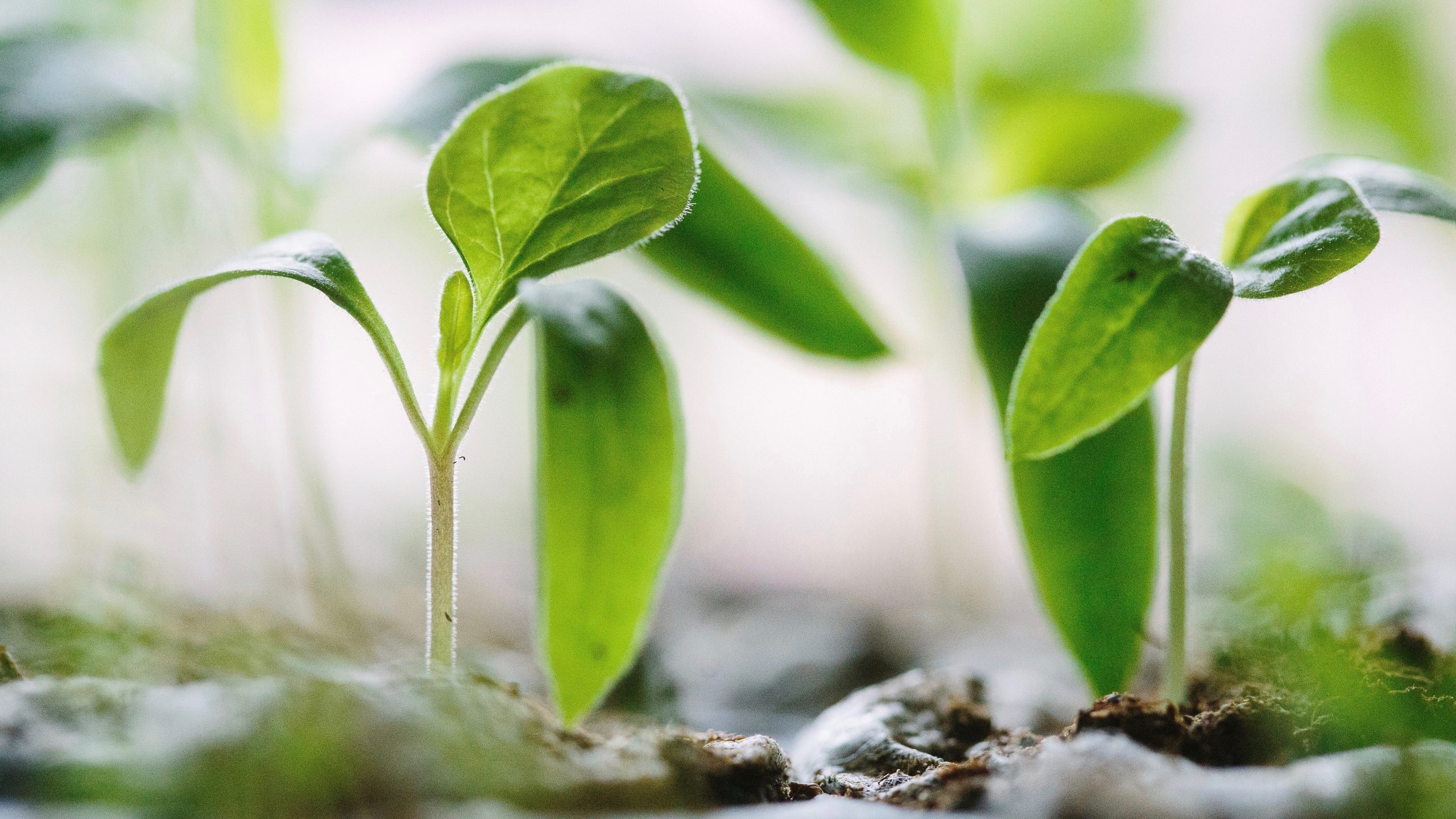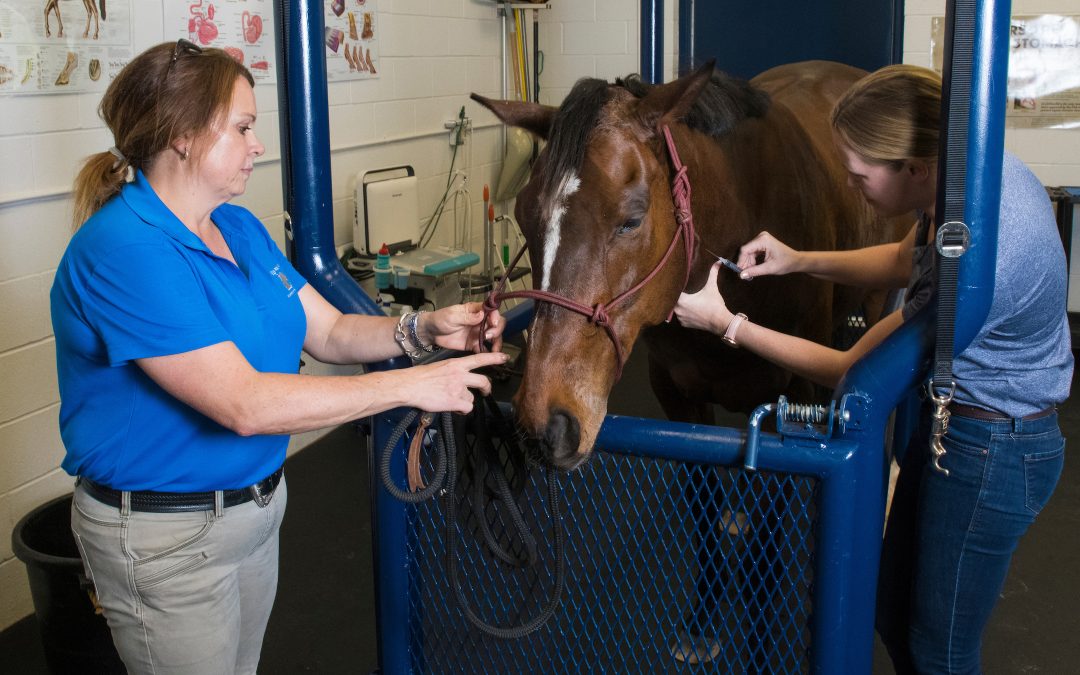We’ve all been there — trying not to roll your eyes at something your friend thinks about agriculture that is just wrong. There are so many misconceptions about agriculture, but we’re identifying just a few and digging into the truth.

Agriculture is just traditional farming
People think about agriculture and immediately picture something not unlike Grant Wood’s “American Gothic” painting. We’ve come a long way since the 1930s, thank you very much. Today, agriculture is a major source of the latest technological and scientific innovations. We would know — that’s exactly what we’re doing here at Auburn.

Most farms are corporate-owned
Wrong! According to the U.S. Department of Agriculture, nearly 99% of farms in this country are family-owned, and about 90% of those are actually small family farms.

A career in agriculture doesn’t require higher education
Historically, there was hesitation in the South to study what was considered “book farming.” But those technological advancements in agriculture we talked about? This is the place to learn them, and modern farmers know that. Plus, agriculture is a great foundation for post-graduate study.

GMOs are bad for you
How do we start to unpack this one? Despite modern media attention, genetic modification is nothing new. Farmers have been breeding plants and animals with the most desirable traits for decades. Genetic modification done in a lab today is simply the more controlled, efficient way to do the same thing. It’s making our food sources safer by helping them fight diseases and pests, which are the real threats to our food supply.

Farming is bad for the environment
What do you say to this one? “Well, I guess we’ll just stop and let the world starve.” Feeding 8 billion people is a heavy lift, no doubt. But did you know scientists at Auburn are making farming practices more earth-friendly and sustainable? Yep. We do work in precision agriculture, a data-driven management strategy to use only the exact amount of water or fertilizer for optimum health. And we led efforts in low- and no-till farming, which reduces water runoff and — get this — actually benefits soil quality.





